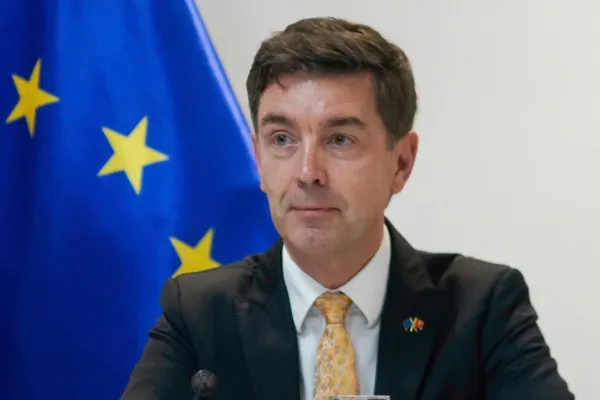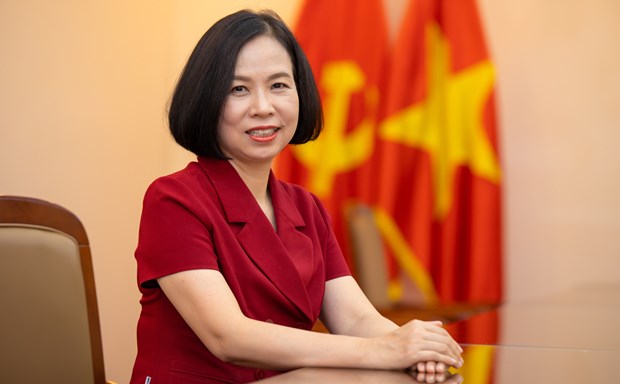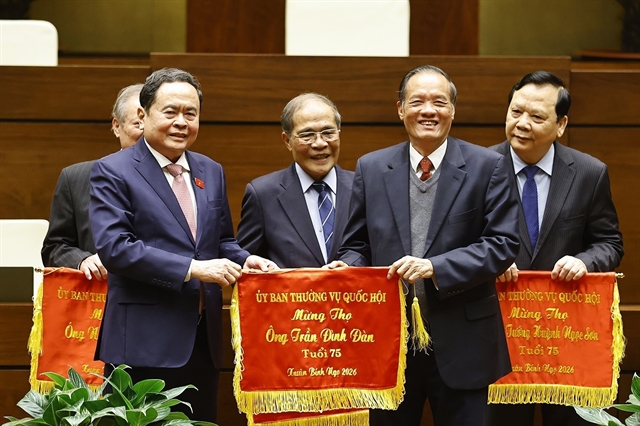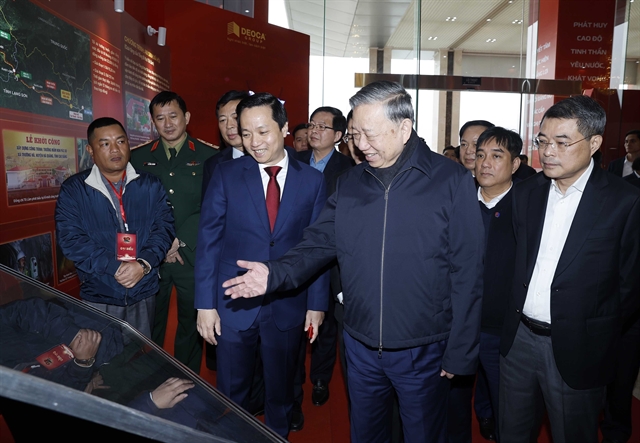 Opinion
Opinion

Providing information to the public through digital communication channels has become increasingly popular, and it is now a common way for press agencies to publish official information.

|
| Journalist Vũ Việt Trang, General Director of Vietnam News Agency. — VNA/VNS Photo |
HÀ NỘI — Providing information to the public through digital communication channels has become increasingly popular, and it is now a common way for press agencies to publish official information.
Journalist Vũ Việt Trang, General Director of Vietnam News Agency (VNA), has commented on communication trends in the digital era and highlighted the direction for the VNA to sustain its stature as a mainstream media agency in cyberspace.
Mainstream news suppliers in cyberspace
The number of social network users in the country currently stands at around 73.6 million, 95 per cent of which use Facebook. Meanwhile, the monthly active users of Zalo reached 74.7 million in February this year, higher than the 67.8 million users of Facebook-owned Messenger.
Trang said via social networks, press agencies could quickly learn of erroneous or ill-intentioned information to provide corrections.
Press outlets’ mass presence in cyberspace had encouraged internet users to help spread and turn official news into the mainstream information flow.
Most press agencies had been shifting to a multimedia model in the flow of solid digital transformation. She noted that social networks were a channel for press agencies to advertise their “brands” and products and attract the public to their news items.
VNA and the strategy for building digital platforms
The General Director said the VNA’s source news departments and press-publication units had been strongly reforming news contents and formats.
They had launched new types of information such as infographics, long-form (which combines text, photo, video, and diagram in a product), mega-story (which combines audio, video, photo, and data shown by using digital technology), and timeline (information displayed in the timeline).
They were also actively popularising information about Việt Nam in multiple languages such as Chinese, Russian, English, French, and Spanish on social media apps while diversifying ways for spreading external information, helping fulfil the VNA’s role as the key press agency for foreign services in getting information about the country, Trang said.
VNA currently owns 14 verified Facebook fan pages tasked with disseminating official information and the country’s national reform and development achievements.
According to Trang, foreign-language fan pages have helped effectively perform communication tasks.
The VNA is utilising digital platforms as an effective channel for distributing multimedia and multilingual news to users worldwide.
As the national e-newspaper for foreign service, VietnamPlus is stepping up access to users on digital platforms. Aside from its Facebook fan pages, it has also set up accounts on other popular platforms such as Zalo, TikTok, MyClip, Twitter, and YouTube.
She said that the VNA’s official news shared on social networks by VietnamPlus had greatly helped to fight ill-intentioned and fake news.
The official said other external information outlets of the VNA like Vietnam Pictorial, Việt Nam News, and VNews had also been strongly capitalising on the internet to spread the news to readers, especially outside the country.
Trang stressed that mainstream media agencies were places where readers seek verified and precise information, so they must also uphold their advantages and goals to become mainstream news sources in cyberspace.
Apart from providing precise information, press agencies also have to cover policy and report on objective opinions and assessments by authorities, experts, and affected groups so that the public can gain an overarching view of issues, according to the journalist.
As social networks are not copies of press agencies, prudence is necessary. The VNA leader added that the information must be precise when publishing news on those platforms, thereby helping optimise social media advantages like interactions, comments, and shares to perform political tasks. — VNA/VNS




